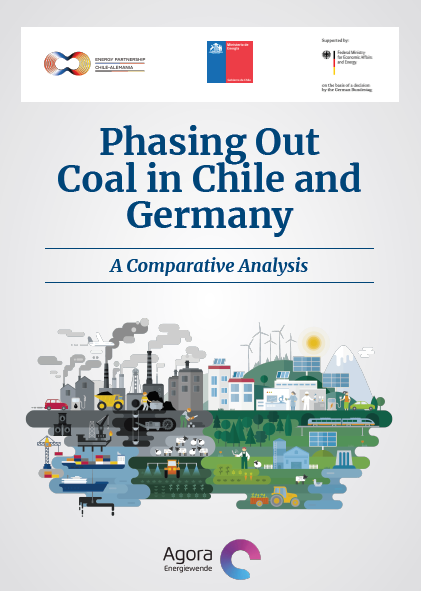Transformation regionaler Infrastrukturen für einen sozial-ökologischen Strukturwandel
Konzeptionelle Ansätze des Strukturwandels und Herausforderungen
- Publication
- Citation
Trapp, Jan Hendrik et al. 2024: Transformation regionaler Infrastrukturen für einen sozial-ökologischen Strukturwandel. Konzeptionelle Ansätze des Strukturwandels und Herausforderungen für sozial-ökologische Transformationen in den drei Braunkohlerevieren. Teilbericht. Umweltbundesamt: Dessau-Roßlau.
This report analyzes the challenges and opportunities arising from the phase-out of coal in Germany, with a specific focus on the three major coalfields: the Central German, Rhenish and Lusatian coalfields. It offers a detailed insight into the challenges and strategic approaches and emphasizes the need to develop regional infrastructures in a targeted and sustainable manner in order to meet the economic, social and ecological challenges of the three major German coalfields. Innovative technical solutions and a stronger integration of different infrastructure sectors can support the transition from a fossil fuel-based economy to a sustainable and resilient regional development.
The transformation of these areas involves a transition from economically and environmentally sustainable spatial planning to a socio-ecological structure based on global sustainability goals. The report notes that there is a lack of concrete development plans for the infrastructures in these areas and discusses the role of innovative technical infrastructures, which have so far rarely been included in strategic considerations. The focus is on the need to design infrastructures such as hydrogen, mobility and digital networks in such a way that they play a proactive role in structural change.
Analysis of the three coalfields
A descriptive analysis of the three coal mining regions is carried out, which shows both the individual challenges and the possible transformation paths. The Rhenish, Central German and Lusatian coalfields each face different social, economic and environmental challenges, which will be exacerbated by the coal phase-out. The report emphasizes the importance of a differentiated approach and individually adapted strategies for each mining area in order to effectively shape the socio-ecological structural change.
Infrastructure development and potential analysis
Finally, the report discusses the development opportunities and requirements of the infrastructures within the districts. It particularly emphasizes the need to develop innovative and networked infrastructure solutions that meet the ecological and economic requirements of the 21st century. The analysis and expansion of sector coupling, such as the integration of energy and mobility systems or the use of waste heat, are seen as key strategies for sustainable regional development.

